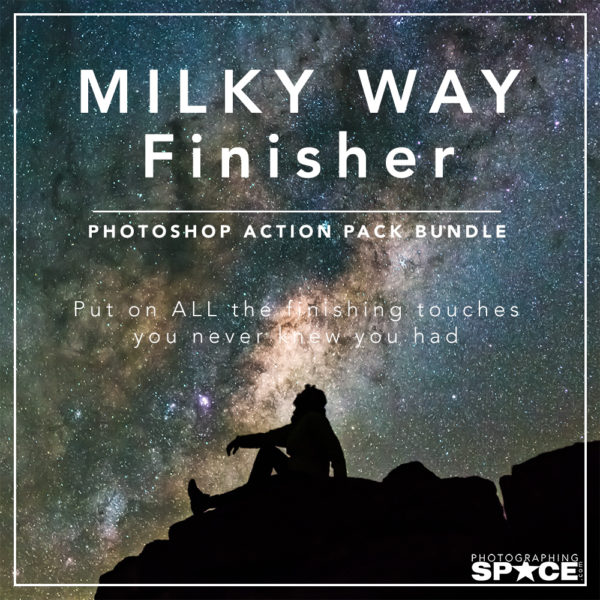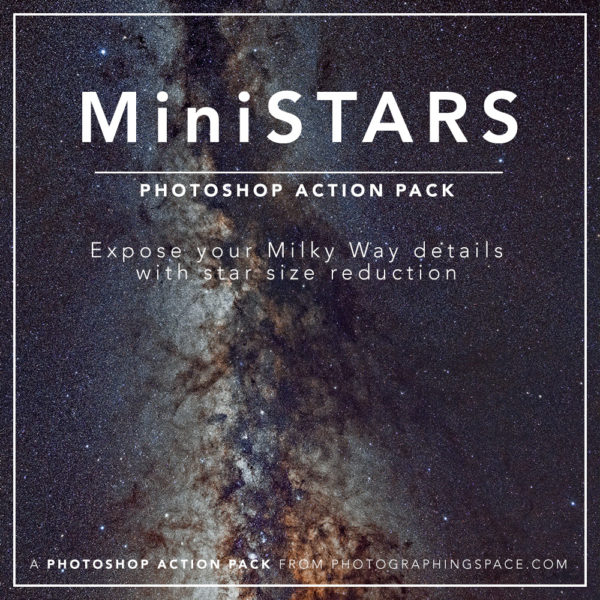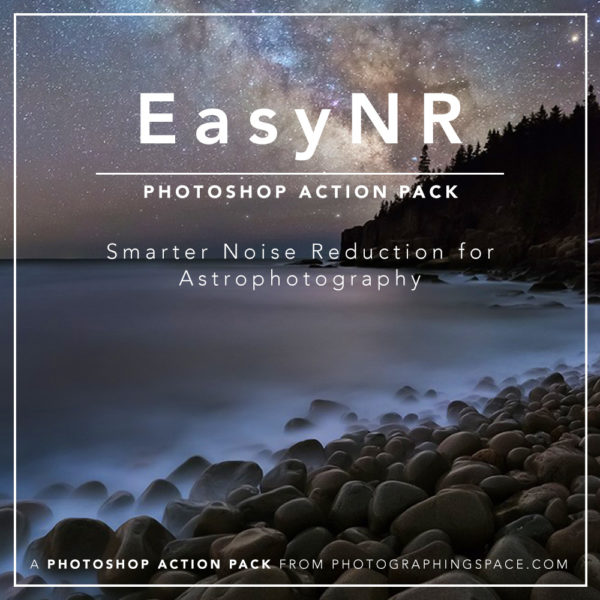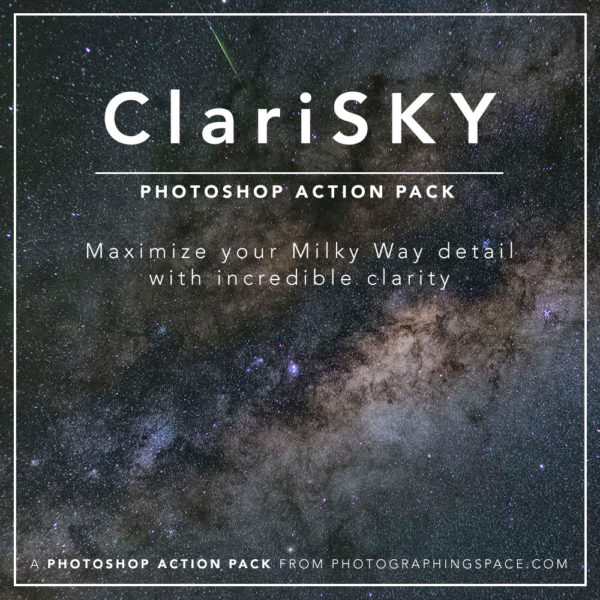See the cosmos on display! Learn the basics of astrophotography and how to capture the night sky using your DSLR camera.
Learn how to capture the wonders of the cosmos with DSLR astrophotography. Astronomical deep-sky telescopic images and wide field night-sky photographs taken and processed by Tanja and Cory are displayed and explained in detail – As presented at the 2014 Photo and Film Expo in Johannesburg.
In this video we discuss everything a beginner needs to know about taking successful astro photos.



Topics covered:
- Equipment required
- Lenses – Determining your FOV and how to focus.
- Camera settings – Regardless of camera make – we discuss optimal shutter speed, ISO and aperture – and how they all work together to make superb photos.
- Image composition – How to find and frame your images.
- Pre-processing and post-processing of night-sky photography in an open-forum style.
- Deep-sky astronomical imaging basics and processing examples are explained in a way where the beginner to advanced photographer can understand and gain insight into the methods required to achieve success.







Hi Tanja,
I am just getting started in Astrophotography and was wondering on what types of cameras you and Cory use? I am looking into getting a Canon EOS 1200D and was wondering if that is a good camera for this.
Cheers,
Naveen
Hello Naveen,
Tanja and I use Canon 5D Mark III bodies right now. However, if you aren’t ready to go for that prosumer-level camera yet, the 1200D can be fine to start with!
Best of luck,
Cory
Thanks Cory!
Cheers,
Naveen
Hi Cory,
So, I finally got my camera about a month back – a 1300D. I’ve been getting used to the camera till now, but am now looking to get a good lens for Astrophotography. I’m wondering what would be a best starter option. The local dealer here where I bought my camera stocks Rokinon.
Cheers,
Naveen
Hi there,
A great starter lens for the camera is a Rokinon 14mm f/2.8! That’s what I started on, and it works very well.
Best of luck!
Cory
Thanks for this great video! I have a Hutech modified Canon T3i and looking for a good lens for Astrophotography. I am thinking to buy a Samyang 14mm f/2.8 or Samyang 24mm f/1.4. Which one is better to start?
Hello Necati,
I have the Rokinon 14mm f/2.8 that I used on my modified T2i, and liked that a lot. I haven’t used the 24mm Samyang, but if you go by just those bare specs it would be quite nice! I’d have to give it a try to let you know for sure.
F/1.4 is amazing — you could shoot at f/2 with amazing results. See this article: https://www.photographingspace.com/aperture-is-important/
Cheers,
Cory
Hi!
I am planning to buy a Canon EOS 70D 20.2MP DSLR camera. Is it good for Astrophotography?
Please suggest me a good lens for it.
Thank you,
Ganesh Baburaj
Hello Ganesh,
Yes, the 70D will be fine for starting out, you will be able to shoot star trails and the Milky Way just fine!
You’ll want a wide and fast lens, with ability to set the aperture to a low number, preferably f/2.8 or lower. I would recommend at least a 16mm or 14mm focal length. There are a few very reasonably priced 14mm f/2.8 fixed lenses available from Samyang, Rokinon, and the like, if you want the cheaper options.
All the best!
Cory
Hi there!
I’m currently a beginner to astrophotography and I’ve been looking at a couple of options for my first dslr camera. Just wanted to find out which would be better: the canon eos 70d or 800d? And what type of lens would be best to use with these cameras for astrophotography
Thanks! 🙂
Hi Mikyle,
If you’re only looking at the 800D and the 70D, I’d go with the 70D.
Also, you need to go for a good wide lens (best something made for a full-frame sensor), with fast glass. For starters, the 14mm Samyang and Rokinon f/2.8 lenses are great for starting out, and well priced for beginners! They are manual, but that’s a good thing for astro. 🙂
Hope that helps!
Cheers,
Cory
Hi Cory,
Could you tell me why do you suggest the EOS 70D over EOS 800D?
I have been considering 77D (same specs as 800D and 70D.
Cheers!
Hi Praahas,
My reasons for that recommendation are purely because of pixel size. However, they will give similar results, and are similarly priced, but the 800D will have slightly higher resolution, but the 70D might have slightly better low noise performance because of its larger pixels.
In all, they will be very similar in performance for AP, so really whichever you wish to buy will be great. 🙂
Cheers,
Cory
Hello Cory,
I am a beginner learning Astrophotographic, could you please recommend the Camera to buy, my budget is below $1000.
thanks
Thanks Cory
Hello Cory,
I am a beginner learning Astrophotographic, could you please recommend the Camera to buy, my budget is below $1000.
thanks